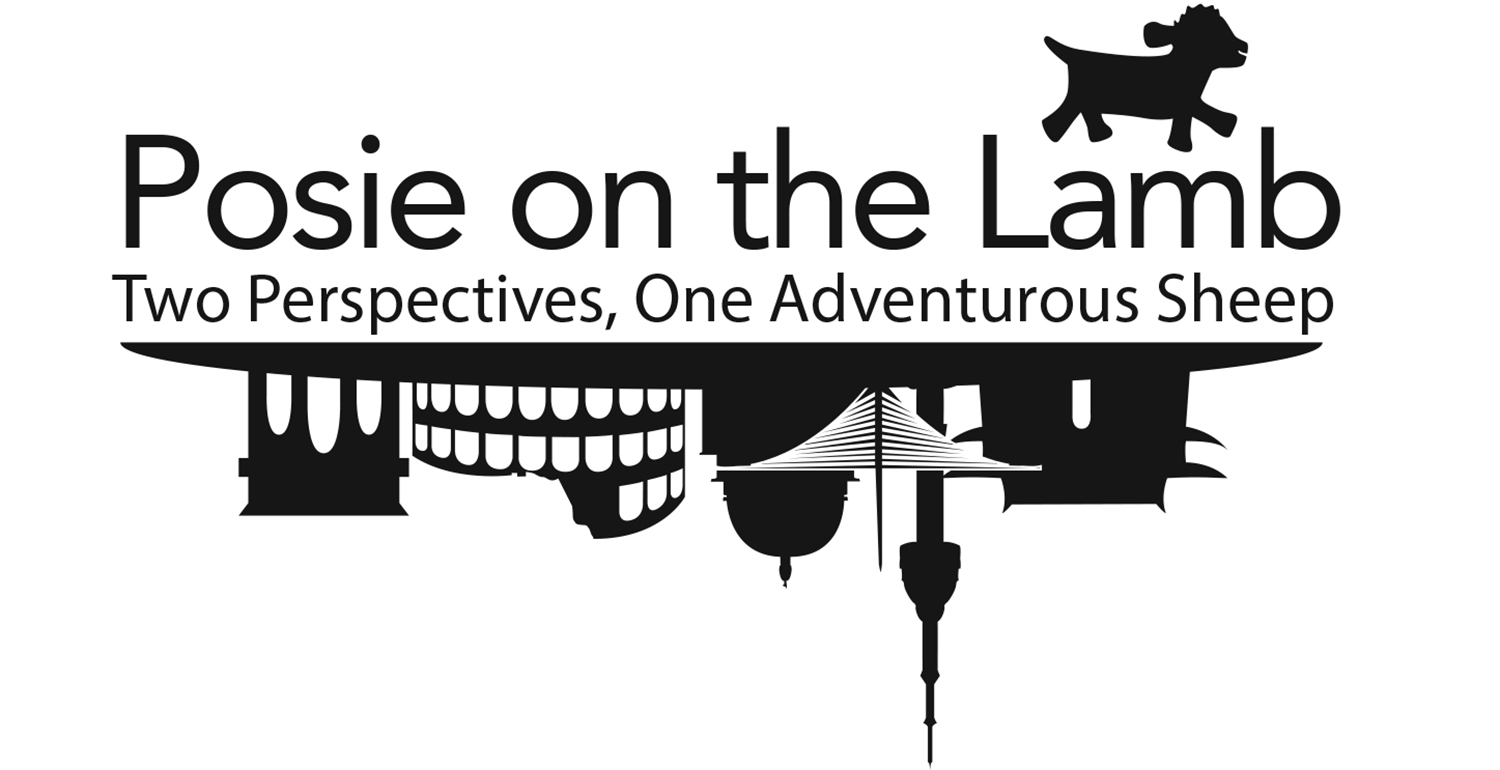Dry in Dalanzadgad

The road ended at Dalanzadgad, a town as dry as a parched throat.
Dirt roads, splintered fences, a few stray dogs—there wasn’t much to see. Dalanzadgad’s most compelling quality was its existence, a lone certainty among the figment towns and notional roads of the South Gobi Desert. It was the hottest summer Mongolia had seen in fifty years. North and west, wildfires gnawed the landscape. A dire winter was forecast, if winter could be imagined through the shimmery heat. Severe drought fueled the dzud, a deadly deep-freeze that decimated livestock and traditional lifestyles.
Dalanzadgad was the beginning and end of our desert sojourn, and it looked better the second time around. In between we stayed with nomadic camel herders, camped beside an ocean of sand. They would climb to harsher elevations in the winter, chasing snow to water their livestock. During summer they hauled water in on the back of a truck.
After three days of sliding barefoot down sand dunes and clambering over fossils, the return to town was both a disappointment and relief. At least in Dalanzadgad the toilets flushed.
So we were grateful to find ourselves in the dusty intersection known as downtown. Grateful but thirsty, and looking forward to a cold beer and a quiet evening at our quiet hotel. We found a tiny grocery called Big Mart and went inside to stock up.
The liquor aisle was decked in colored ribbons, like a gift under the tree that can’t be opened until Christmas.
“Aw, shit.”
“What’s the matter?”
“It’s a dry day.”
In more ways than one… Mongolia’s drinking problem is a complicated truth. At first glance, the rumors seem greatly exaggerated. Mongolia doesn't feature in round-ups of the world's most lubricated nations. In per capita alcohol consumption it's not even halfway to Russia's standard, and drags well behind the US, Canada, and the entirety of Europe.
But Mongolians hold their own in the categories of alcoholism and binge-drinking. According to the World Health Organization, 40% of Mongolian men binge drink. From my experience with celebratory drinking, I can attest that Mongolians tend to drown their joy. The same approach to hardship becomes devastating. It impacts other statistics too, notably domestic abuse rates and liver disease.
Dry days are an attempt to contain the problem. On the first of every month (aka payday) it is illegal to sell or serve alcohol in Mongolia. This is often the case for national events and holidays too. I'm not convinced it's an effective solution; everyone I know stocks up the night before. Yet solutions are as tangled as the problem itself. According to researcher Robert Kuwada, alcohol taxes make up a quarter of the government’s revenue, while the annual budget of the National Program for the Control and Prevention of Alcoholism wouldn’t buy you an iphone 6.
On the surface, the demographic most affected by this ban is Dumb Foreigners. I'm constantly discovering at the cash register that alcohol is verboten due to Children’s Day, Election Day, or even The Day After Election Day.
Or, in Dalanzadgad, Wednesday.
Some communities add their own dry days to the schedule. By chance we'd hit Dalanzadgad the night of the weekly drought. It must be a festive place otherwise; Big Mart devoted an entire wall to booze, mostly cheap vodkas.
Local humor, invariably black, claims the Soviets took Mongolia with vodka, not soldiers. But homebrew goes way back here too. Airag, fermented mare’s milk, is still sold in old 2 liter bottles from roadside stands.* Nowadays wine is becoming popular, and even small-town stores like the Big Mart carry imports from Chile, Australia, and France. Of course, all of this was off-limits at the moment.
Then we spotted it: a small, unadorned cooler of beer standing apart from the liquor wall. We surreptitiously opened the door and snagged a few cans of Golden Gobi.
No one said anything. No one even looked our way. We stood in line at the checkout wearing our big Dumb Foreigner smiles. The clerk calmly watched our beer progress along the conveyor belt, waiting until it was right in front of her before tossing the cans away. No dice.
So we resorted to junk food. It wasn't much of a night out—the evening climaxed with a prohibitively-named Max Fun candy bar. But at least we proved that people don't need alcohol to make bad choices.
It rained that night in Dalanzadgad, a thick, drenching downpour. The sky was trickling like a leaky faucet when we left the next morning. The desert had turned to heavy, red mud, and the cauldronous potholes foamed with soupy witches’ brew. We splashed out of town and found the smooth black ribbon of asphalt to carry us back to Ulaanbaatar.
Eight hours later we were in the capital, with its faceless traffic and cement-colored air. Ulaanbaatar lacked the poetry of a broke-down desert town. But we had cold beer that night.
-Erin
*When John Oliver interviewed the Dalai Lama last March, the Buddhist leader claimed to have steered Mongolians away from vodka and toward mare’s milk, a more suitable beverage for the path to enlightenment. I guess no one had the heart to tell him it’s alcoholic.
